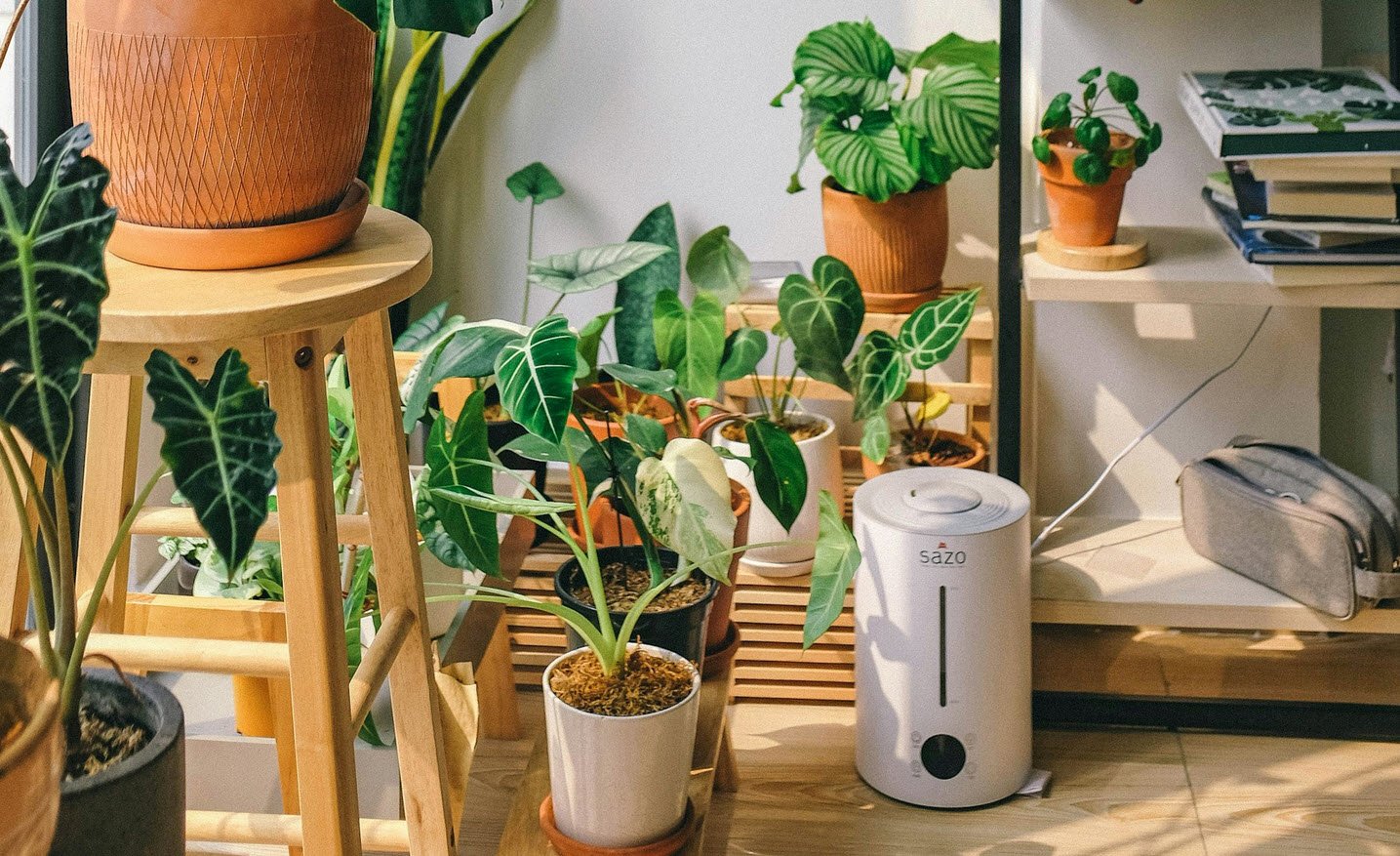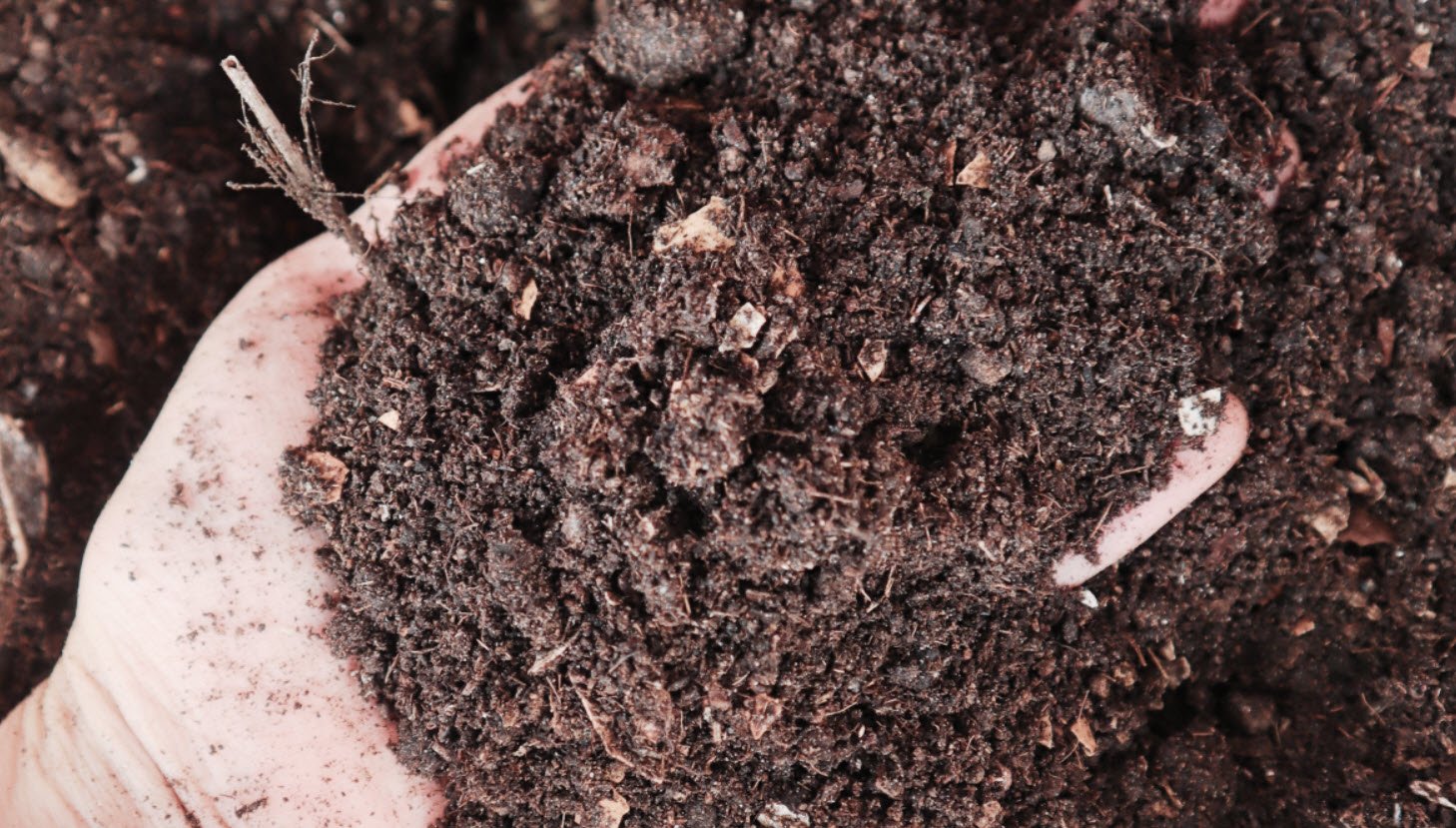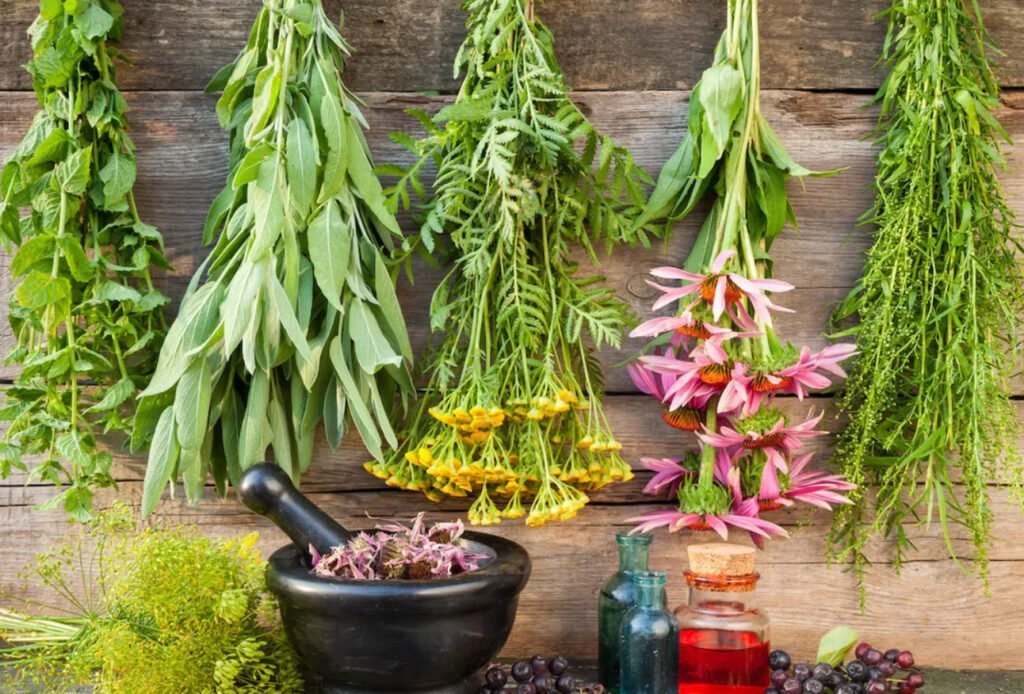
Nature has been providing us with remedies for various ailments for centuries, and many of these healing properties are found in the plants that grow in our very own gardens. Growing medicinal plants at home allows you to harness the power of nature for your well-being.
In this article, we’ll explore a selection of medicinal plants that are easy to cultivate in your own garden or on your windowsill.
- Dandelion
- Mallows
- Milk Thistle
- Sage
- Usnea
- Primrose
- Peppermint
- Echinacea
- Lemon Balm
- Self-Heal
- Chickweed
- St. John’s Wort
1. Dandelion (Taraxacum officinale):
Dandelions are often seen as garden nuisances, but they are packed with health benefits. The roots and leaves can be used to make teas or tinctures, known for their detoxifying properties and potential to aid digestion.

2. Mallows (Malva spp.):
Mallow plants, known for their soothing properties, are used to make herbal infusions. These can help with sore throats and respiratory issues. Additionally, the leaves and flowers can be applied externally to soothe irritated skin.

3. Milk Thistle (Silybum marianum):
Milk thistle is a powerful herb for supporting liver health. The seeds contain compounds that are believed to protect the liver from toxins and promote its regeneration.

4. Sage (Salvia officinalis):
Sage has a long history of medicinal use. It is known for its anti-inflammatory and antibacterial properties. Sage tea is often used to soothe sore throats and respiratory issues.

5. Usnea (Usnea spp.):
Usnea, often referred to as “Old Man’s Beard,” is a lichen with strong antibiotic and antifungal properties. It can be used topically for wound healing or taken internally for respiratory ailments.

6. Primrose (Oenothera biennis):
Evening primrose oil, extracted from the seeds, is a valuable source of gamma-linolenic acid (GLA), which may help with various inflammatory conditions and skin issues.
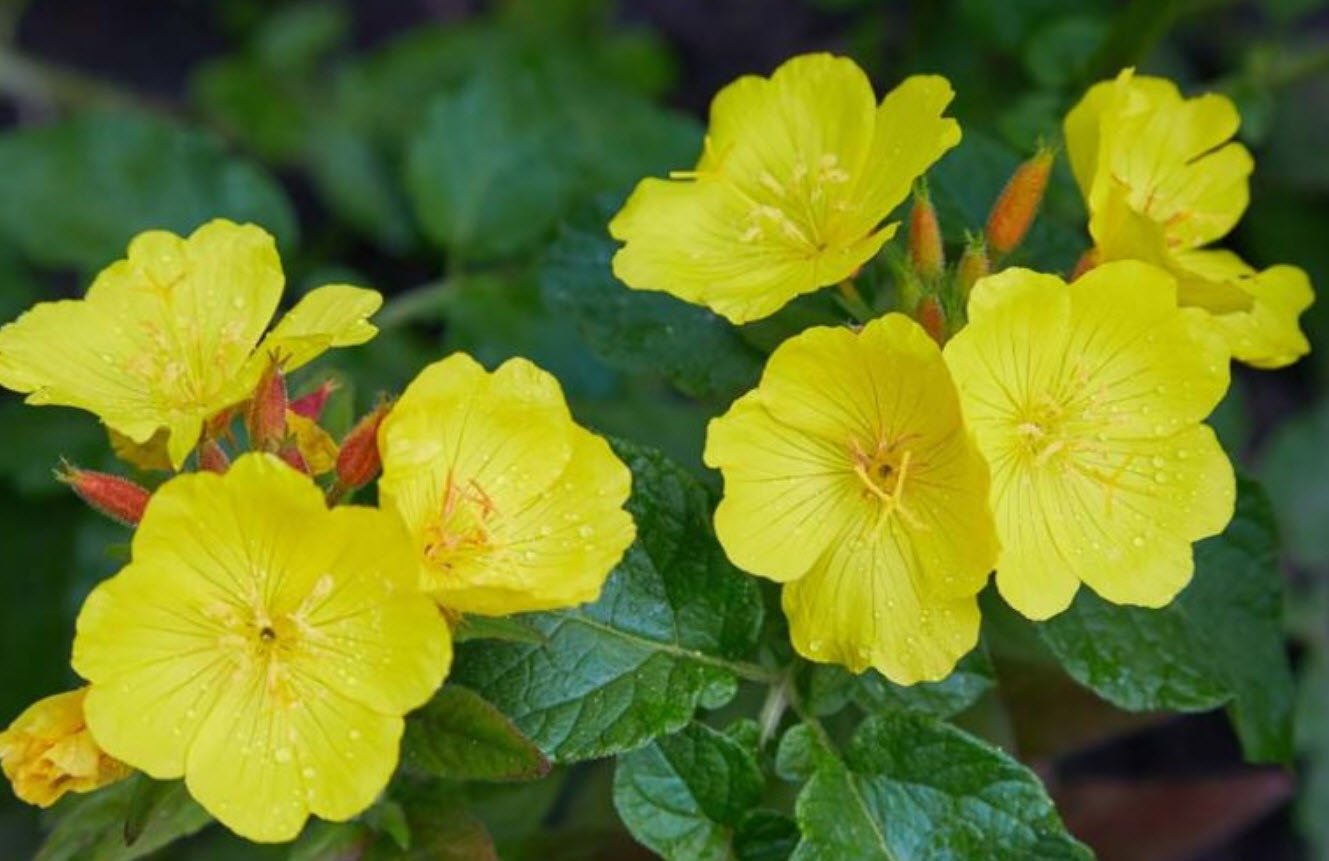
7. Peppermint (Mentha × piperita):
Peppermint is renowned for its digestive benefits and soothing effects on headaches. The leaves can be used to make teas or for aromatherapy.

8. Echinacea (Echinacea spp.):
Echinacea is widely used for its immune-boosting properties. It can be made into teas or tinctures and taken to help fight off colds and infections.
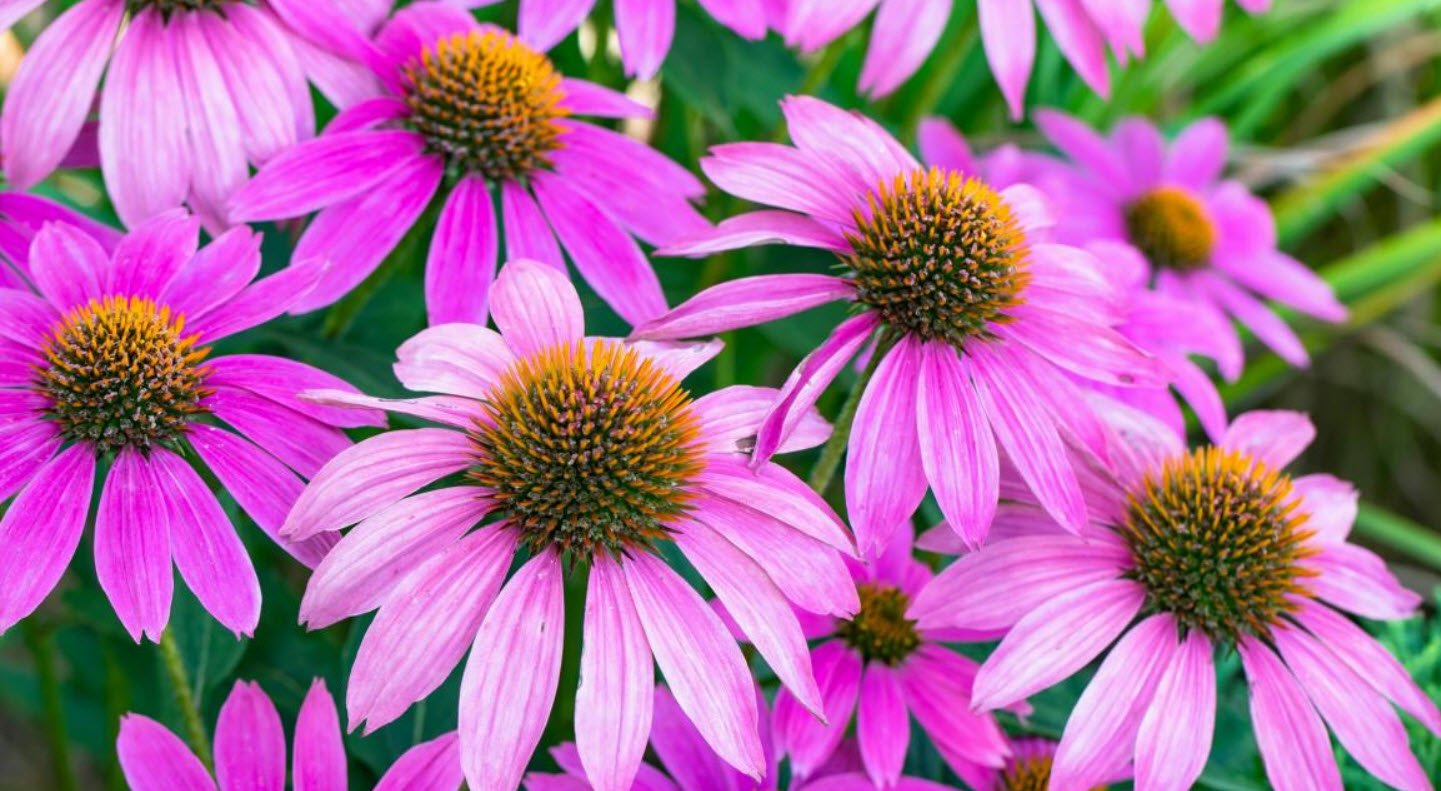
9. Lemon Balm (Melissa officinalis):
Lemon balm is known for its calming effects and is often used to alleviate anxiety and stress. It can be consumed as a tea or used topically for skin conditions.
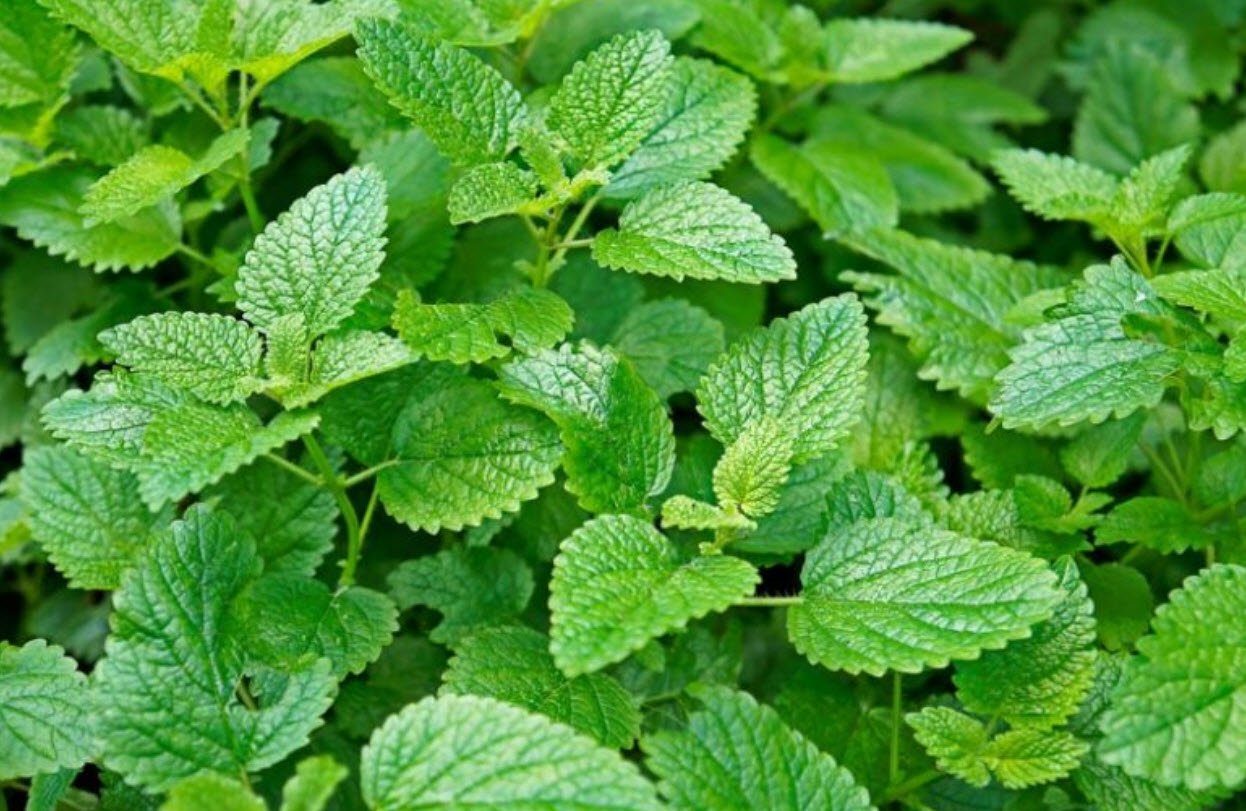
10. Self-Heal (Prunella vulgaris):
Self-heal is a versatile herb used for a range of ailments. It has anti-inflammatory and wound-healing properties and can be applied externally or ingested as a tea or tincture.
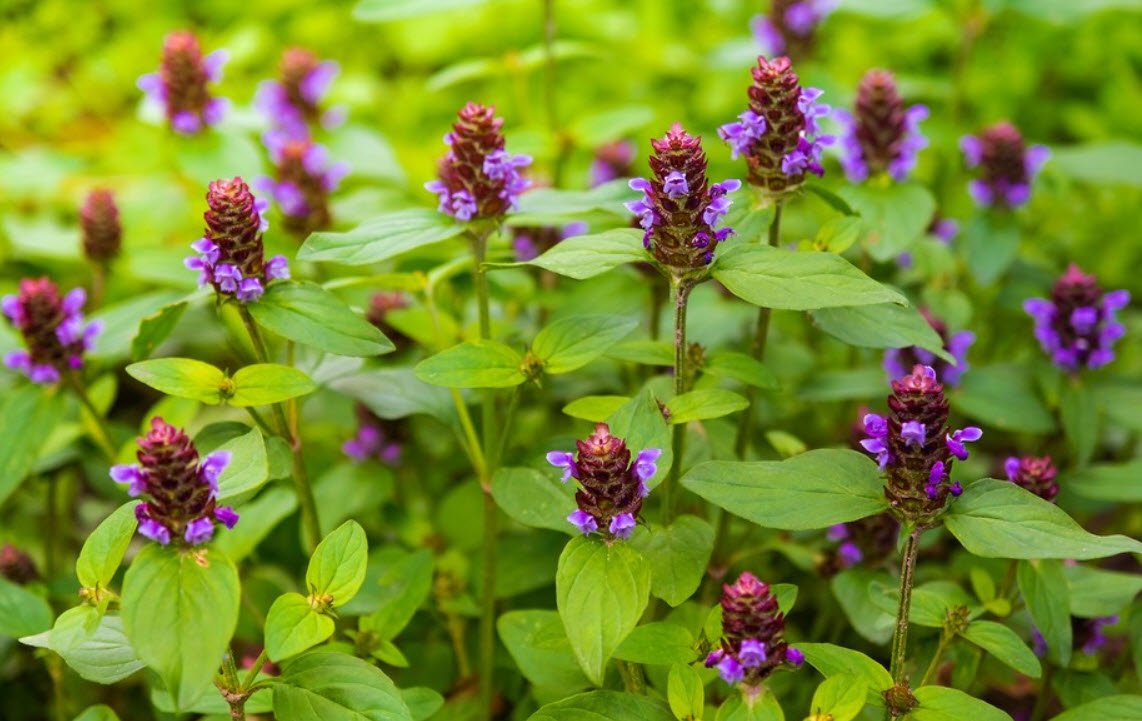
11. Chickweed (Stellaria media):
Chickweed is a soothing herb used topically for skin irritations and rashes. It can also be consumed as a salad green.

12. St. John’s Wort (Hypericum perforatum):
St. John’s Wort is known for its potential to alleviate symptoms of depression and anxiety. It is usually taken in the form of capsules or tinctures.
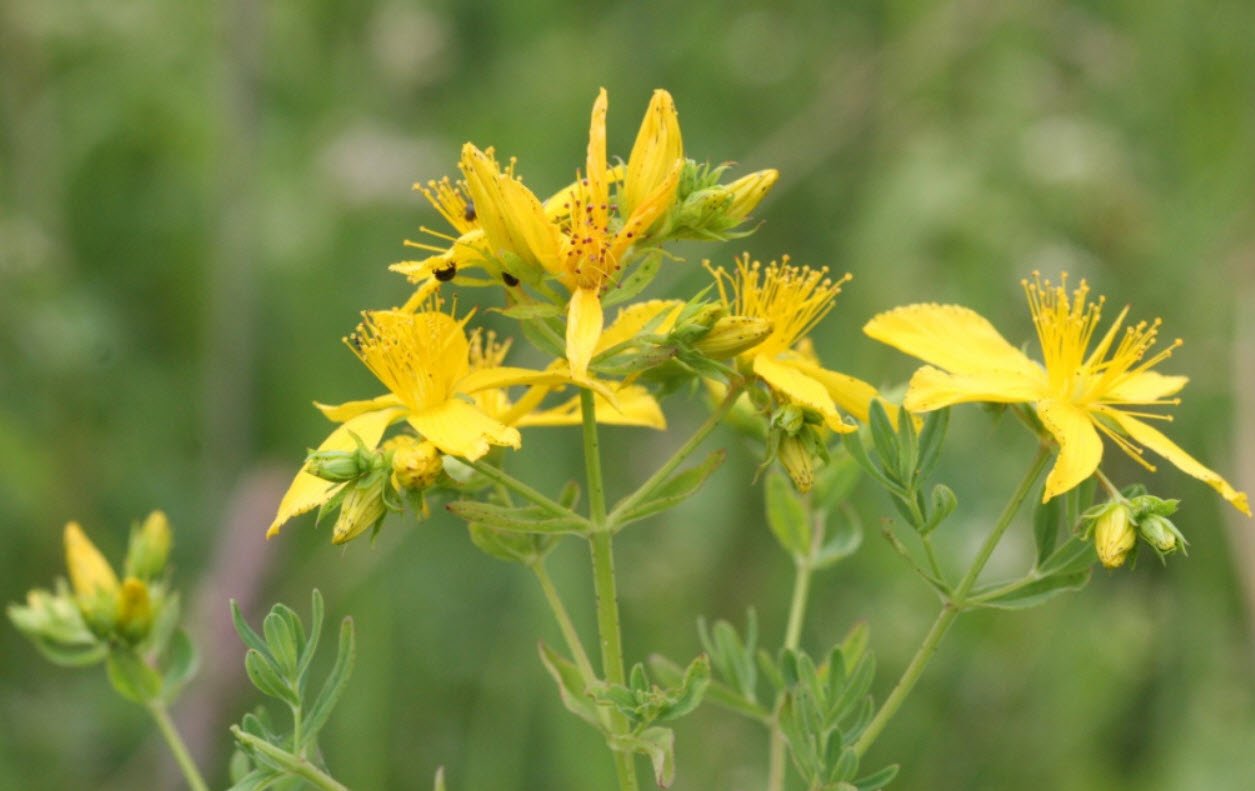
Growing medicinal plants at home not only offers you the opportunity to cultivate your very own natural pharmacy but also fosters a deep connection with nature and self-sufficiency. When using these plants for medicinal purposes, it’s essential to consult with a healthcare professional to ensure safe and appropriate usage.
Whether you have a full garden or just a few pots on your windowsill, you can enjoy the benefits of these healing herbs right at home.

